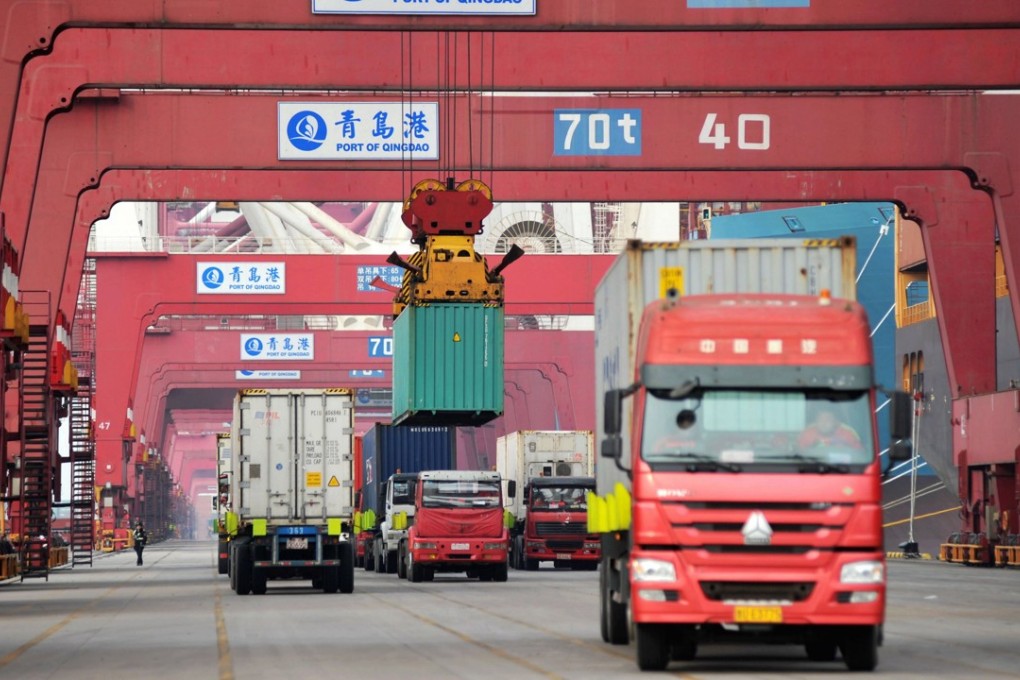Advertisement
Who will be the winners and losers in a China-US trade war?
Washington and Beijing are going toe-to-toe, but many other countries are set to become embroiled in the conflict, for better and worse
Reading Time:3 minutes
Why you can trust SCMP

Sarah Zhengin Beijing
As the opening shots are fired in the China-US trade skirmish, the rest of the world is bracing itself for the fallout from the conflict between the world’s two largest economies.
Beijing on Wednesday announced extra tariffs on US$50 billion worth of US products, including soybeans and cars, after Washington announced similar duties on Chinese goods following its investigation into Beijing’s intellectual property “theft”.
The tit-for-tat measures ramped up fears of a full-blown trade war with global repercussions. Earlier this week, China imposed US$3 billion worth of tariffs on 128 US products in retaliation for earlier US duties on steel and aluminium.
Advertisement
While the common refrain is that “nobody wins in a trade war”, the impact on economies and sectors will vary, analysts say, and in some cases might even be positive.
THE LOSERS
Advertisement
Asian export economies
Advertisement
Select Voice
Choose your listening speed
Get through articles 2x faster
1.25x
250 WPM
Slow
Average
Fast
1.25x